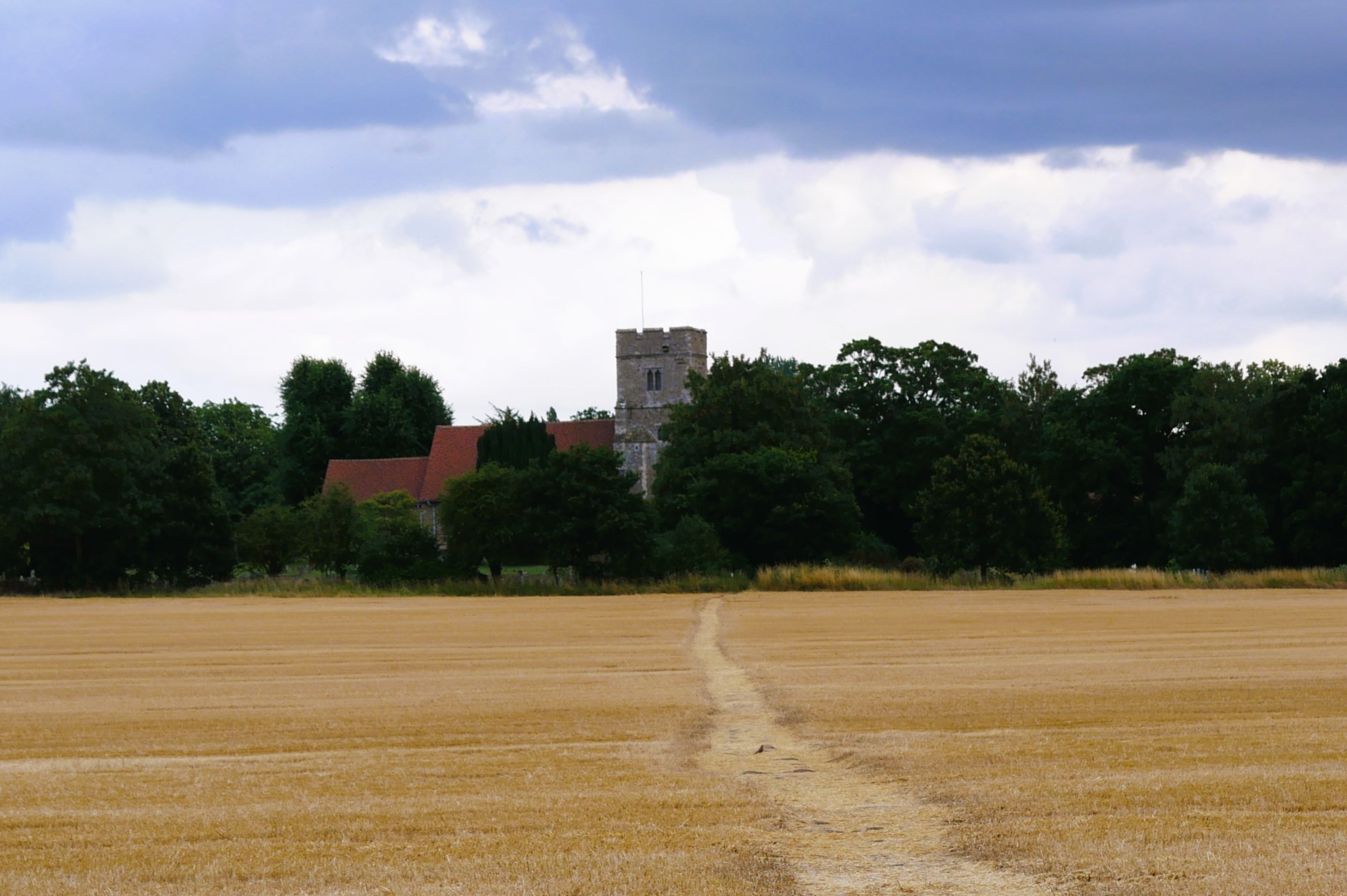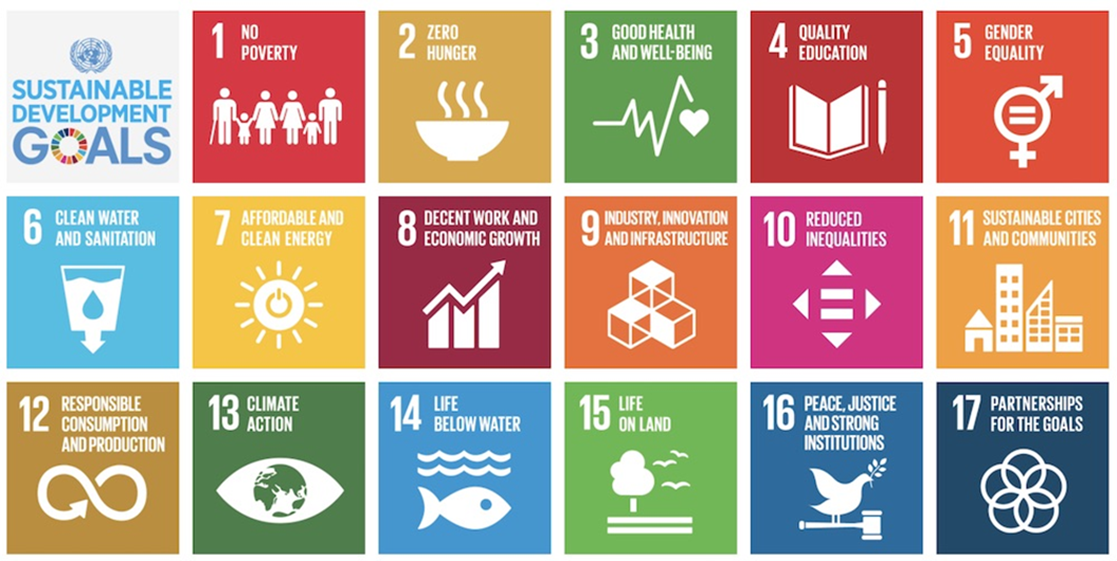Lent is a time to reflect on progress to Sustainability
Stuart Bird Chair of Sustainable Danbury
Lent is a season for reflection and I was recently asked to give a talk at St Mary’s Church in Little Baddow on Sustainability as part of a Sunday service given as part of St Mary’s journey towards gaining the Silver Eco Church award. The service began with a reading based on the creation story from Genesis. The reading talked about how God created the earth and gave humankind dominion over it. God also intended that humankind would enjoy his creation, but would also care for it and wisely manage its resources and biodiversity.
Throughout history humankind has always exploited the earth’s abundant resources and not always wisely. History has many examples of even early civilizations ‘over-exploiting’ their environment through deforestation, over-farming or fishing, often leading to devastating famines and even civilisation collapse.
In the more recent past humankind has explored and exploited virtually every corner or the earth. However, it would be wrong to say that this has been all bad as this period has also lead to many advancements; in science, medicine, agriculture and industrial production, which have increased living standards across the globe. Human development, education levels and life expectancy have all increased, whilst global poverty and inequality have reduced, even as the population has risen.
There is little argument, though, that this era of human progress has come at a cost. The earth is finite and we only have the one planet. Many of the earth’s systems; from its forest, rivers and seas to the farm land and atmosphere are all under extreme pressure. As humankind takes more of the planet for our own use we are seeing significant biodiversity loss. Scientists refer to the limits of the earth’s systems to absorb these pressures as ‘planetary boundaries’. The bad news is that we have already exceeded many of them.
Over the years many people have warn us of the dangers of the path that we are on as a species. John Ruskin and William Morris in the C19 and in the 1960’s Rachel Carson wrote her clarion call ‘The Silent Spring’ describing a world without birds and insects, killed off by the over use of pesticides.
Due in part to these warnings, humankind has also shown it can collectively solve problems. Reducing smog in cities, cleaning up car exhausts, banning the worst pesticides and reducing the Ozone hole have all come from collective action.
More recently in 2015 the United Nations published its 17 Sustainable Development goals. The UN defines ‘sustainable’ as a state where the ‘needs of the present are achieved without compromising the ability of future generations to meet their own needs’.

These goals cover areas such as access to education, the elimination of poverty, responsible consumption and of course climate action. If we can achieve all these goals then we will have reached true sustainability for the first time in human history.
Already, most of the world has signed up to these goals and many countries have registered commitments to achieve these, including the UK. Indeed European countries lead the way on meeting these goals with scores well above 80% across the 17 goals.
Whilst we can say that the world as a whole is making real progress toward genuine sustainability there is no room for complacency and gains can also be lost quickly. The events of the last 5 years have slowed progress in many areas and there are many vested interests that are working to delay progress.
We still have much work to do, particularly with respect to the goal of achieving Net Zero by 2050 and meeting the Paris target of no more than 1.5degC global warming. The achievements to date have been good but do perhaps represent the easiest actions or ‘low hanging fruit’.
For example, eliminating the use of coal has reduced CO2 output but has been achieved largely by switching to Natural Gas which is not a long term solution. Furthermore, efficiency improvements initiated in the 1990’s and early 2000’s such as improving the fuel economy of cars have been in part negated by a trend to people buying bigger cars. Improvements in home insulation have plateaued, as government schemes to support them have been weakened.
However there are now clear and mature technical pathways to Net Zero. Through rapid reductions in the cost of generating electricity with renewable technologies such as wind and solar, we can now produce low carbon electricity. In the UK the goal is to achieve zero carbon electricity by 2035.
The second phase of the pathway is to electrify our transportation and domestic heating through the migration to electric vehicles and heat pumps. As these are two areas where we consume most of our CO2, adoption of these technologies will have huge impact. Combined with continual improvement in energy efficiency and a by moving to lower carbon diets (which will also free substantial land for reforestation that is currently consumed for the rearing of meat).
This transition is not trivial and there are costs to be borne and trade off’s to be managed, but the pathway is now clear and the next two decades will be pivotal in meeting the goals we have collectively set ourselves.
Many people feel overwhelmed by the current state and frequently ask me what they can do. To that end I have three things to offer:
We all have a political voice and likely an election within the next months; scrutinise the manifesto’s of the political parties, and lobby politicians and others to use their vote proactively to help achieve ‘sustainability’ but also to ensure a ‘just transition’.
Make your own plan for decarbonising your own life and map the actions across a sensible timeframe. When the time comes to replace your car or home heating be ready to make the right choice. Consider attending a Carbon literacy class to give you the skills to make these choices.
Work with your local community groups – making changes is easier when you have a support network around you.
The next few years will bring more change than many will feel comfortable with, but the end goal is worth achieving – to achieve a genuine sustainable future that we can all be proud of and that future generations will thank us for.
© Copyright Sustainable Danbury